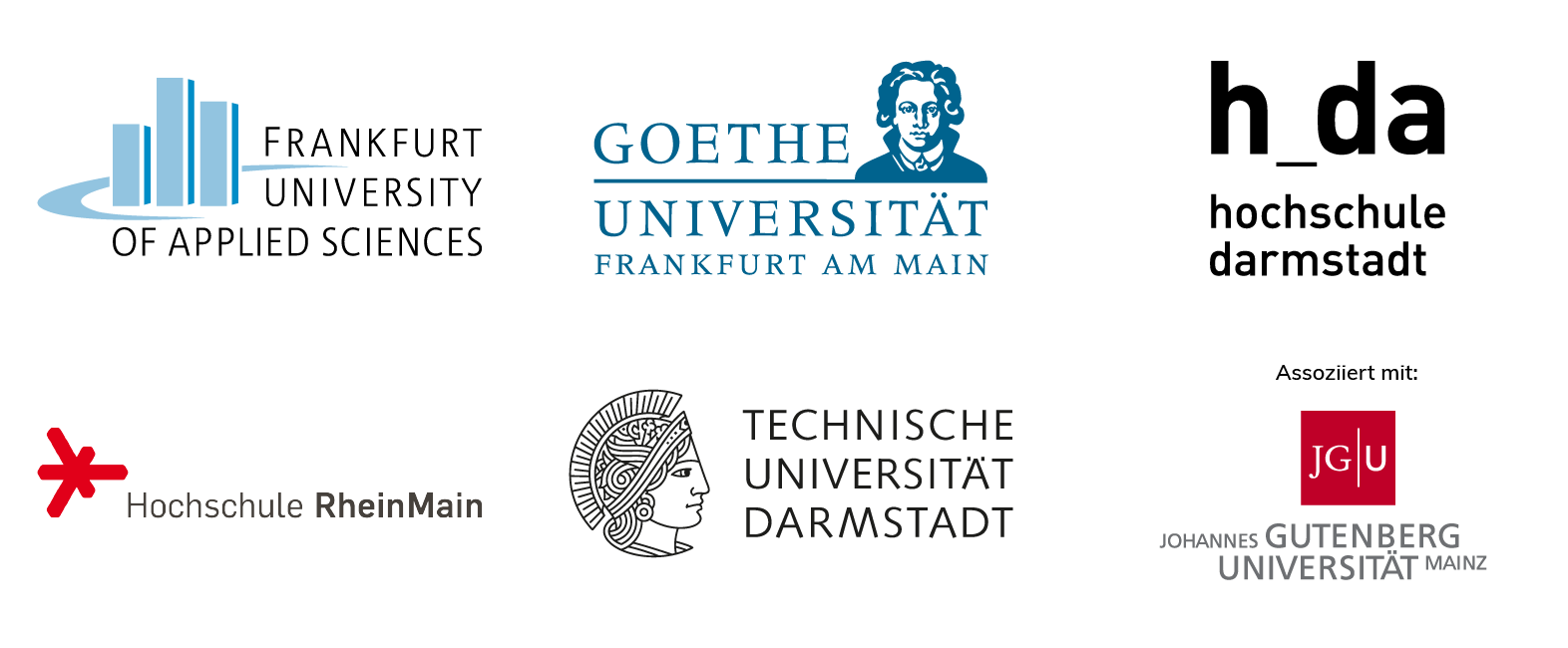What drives us
Promotion of career development
Connection to the labor market
Promoting diversity
Around 50,000 international students and people with a migration background study at universities and universities of applied sciences in the Rhine-Main region. The majority of them aspire to gain a foothold gain a foothold in the German job market after graduation. The prospect of excellent career opportunities is often the main motivation for their studies in Germany and helps them to overcome study-related challenges. However, despite their However, despite their outstanding professional qualifications, international students and graduates often feel insecure about their career; they feel that they are not (yet) sufficiently familiar with the German job market and the standards of the application process. and the standards of the application process. Not least for this reason, only a fraction of international graduates find a professional future here. This is a great loss for the German labor market and labor market and the future development of our society.
At the same time, numerous companies and institutions are desperately looking for skilled workers. According to forecasts by the German Economic Institute, the situation is set to worsen in the coming years: the decline in the number of employed skilled workers could amount to 3.1 million by 2024, which corresponds to 8.8 %.
With International Career Service Rhein-Main (ICS RM), we would like to positively describe these developments and act as an interface to business and public administration. For the first time, we are pooling our resources across seven across seven universities. Our aim is to develop solutions for the known problems and bring international students and graduates together with companies - a win-win situation for all sides!
Through cooperation with an external advisory board - consisting of high-ranking representatives from business, public administration and politics - and close exchange with our cooperation partners, we create a sustainable structure that acts as a bridge between international graduates and companies. structure that acts as a bridge between international graduates and companies.

© unsplash | Naassom Azevedo


